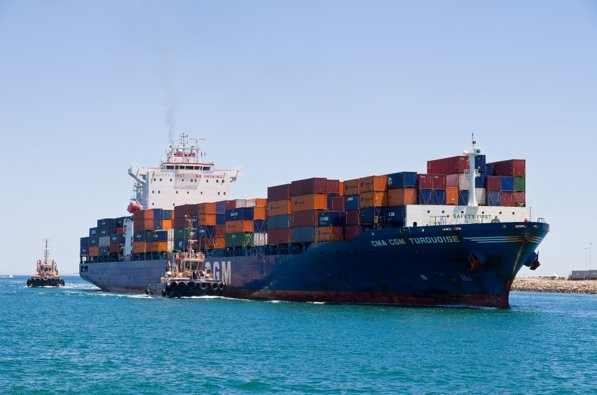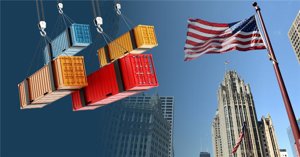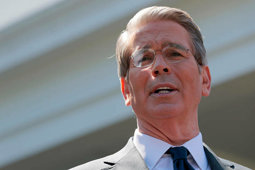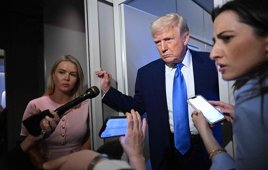
China Imposes 84% Tariff on US Imports
China announced on Wednesday that it will significantly increase tariffs on imports from the United States, raising the rate from 34% to 84%. The new tariffs will take effect on April 10 and are a direct response to recent US levies targeting Chinese exports. The Chinese Ministry of Finance described Washington’s actions as a violation of China’s legitimate rights and a threat to global economic stability.
"The US's practice of escalating tariffs on China is a mistake on top of a mistake," the ministry stated. "It seriously infringes on China's legitimate rights and interests, damages the rules-based multilateral trading system, and impacts the stability of the global economic order." The ministry condemned the US measures as unilateral, protectionist, and an example of economic bullying. Beijing called on Washington to lift all unilateral tariffs and return to dialogue to resolve trade tensions.
Meanwhile, the Trump administration is reportedly reconsidering a previously announced plan to impose steep port fees on vessels manufactured in China. The original proposal included charges ranging from $500,000 to $1.5 million for each port call. However, the administration is now planning to shift the fee structure to be based on vessel capacity, aiming to reduce the financial impact on US exporters.
The fee adjustment reflects broader concerns that the original tariff structure could unintentionally harm American economic interests by increasing logistical costs for US companies that rely on Chinese-built ships for export. It remains unclear when the revised plan will be implemented, but it is part of the administration’s ongoing strategy to balance trade enforcement with domestic economic priorities.
The developments highlight the ongoing escalation in the US-China trade conflict, with both sides taking measures that could have significant repercussions for global supply chains and international commerce. As tensions mount, calls for renewed diplomatic dialogue have grown louder, with hopes that negotiations might prevent further economic fallout.






